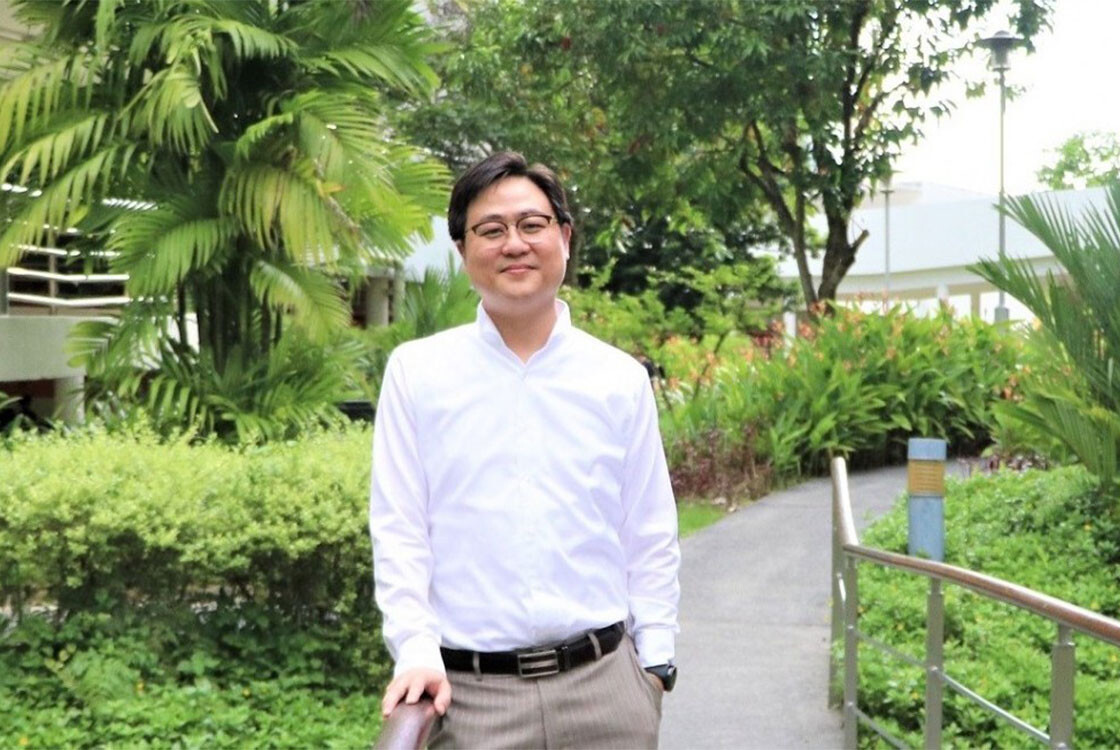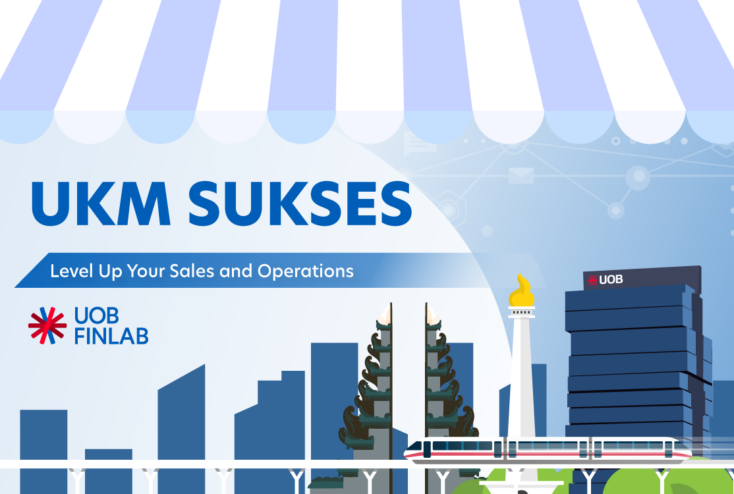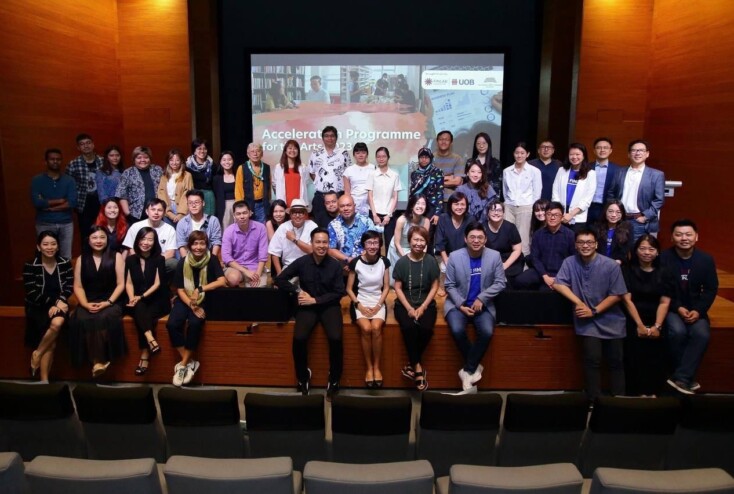I’ve always encouraged students to work in small companies as their first job. Startups and SMEs are great for fresh graduates because exposure is extremely important early in one’s career. Exposure to various functions of business will be higher for fresh graduates working in an startups and SMEs. The weight of their contributions will also be heavier compared to big companies. So my advice would be for fresh graduates to choose a job that can give them exposure through a wide range of experiences.
The second most important thing to look for when finding your first job, would be to follow a good mentor. If your first boss does not cut it, then find a good mentor elsewhere to guide you early on in your career. This is important because while exposure gives you a lot of experiences, it does not tell you how the industry is moving, nor does it tell you what is going to come. A good mentor can provide guidance and advice, and will help you make good career choices along your journey.






